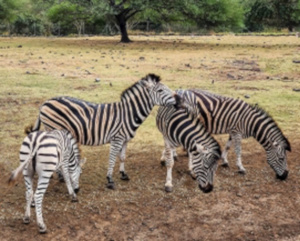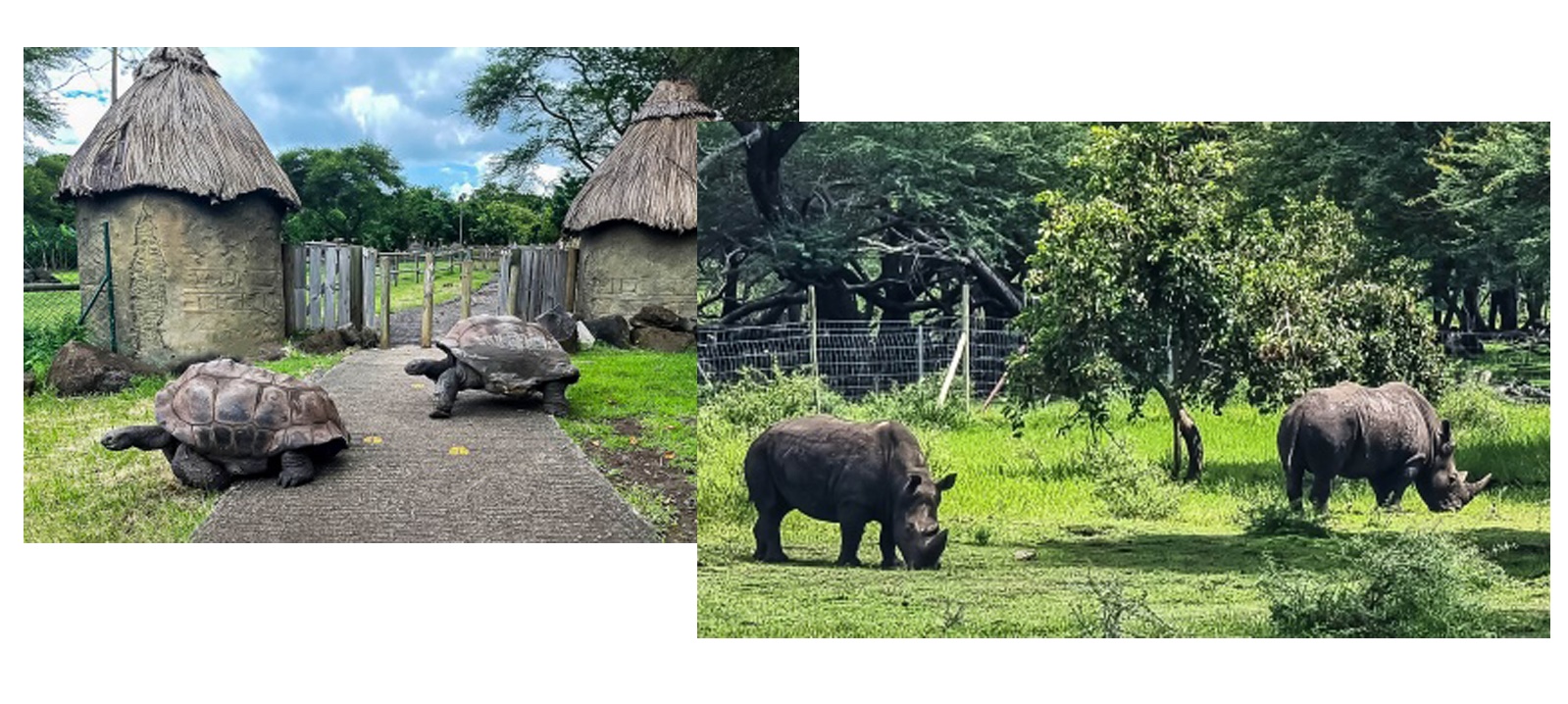Wild animals in cages are not pleasant sights … but at times it is a necessity … to protect and avoid extinction of species …
Our beautiful big cats are facing ever diminishing numbers, everywhere in the world … Only way to ensure their survival is to place these magnificent animals in a protective environment … free of human predators.
African big cats are now being scattered to various suitable wildlife parks or sanctuary to ensure their survival. Help support these parks by visiting and appreciating the care and sustainability provided by the rangers, scientists, researchers, workers in these parks.
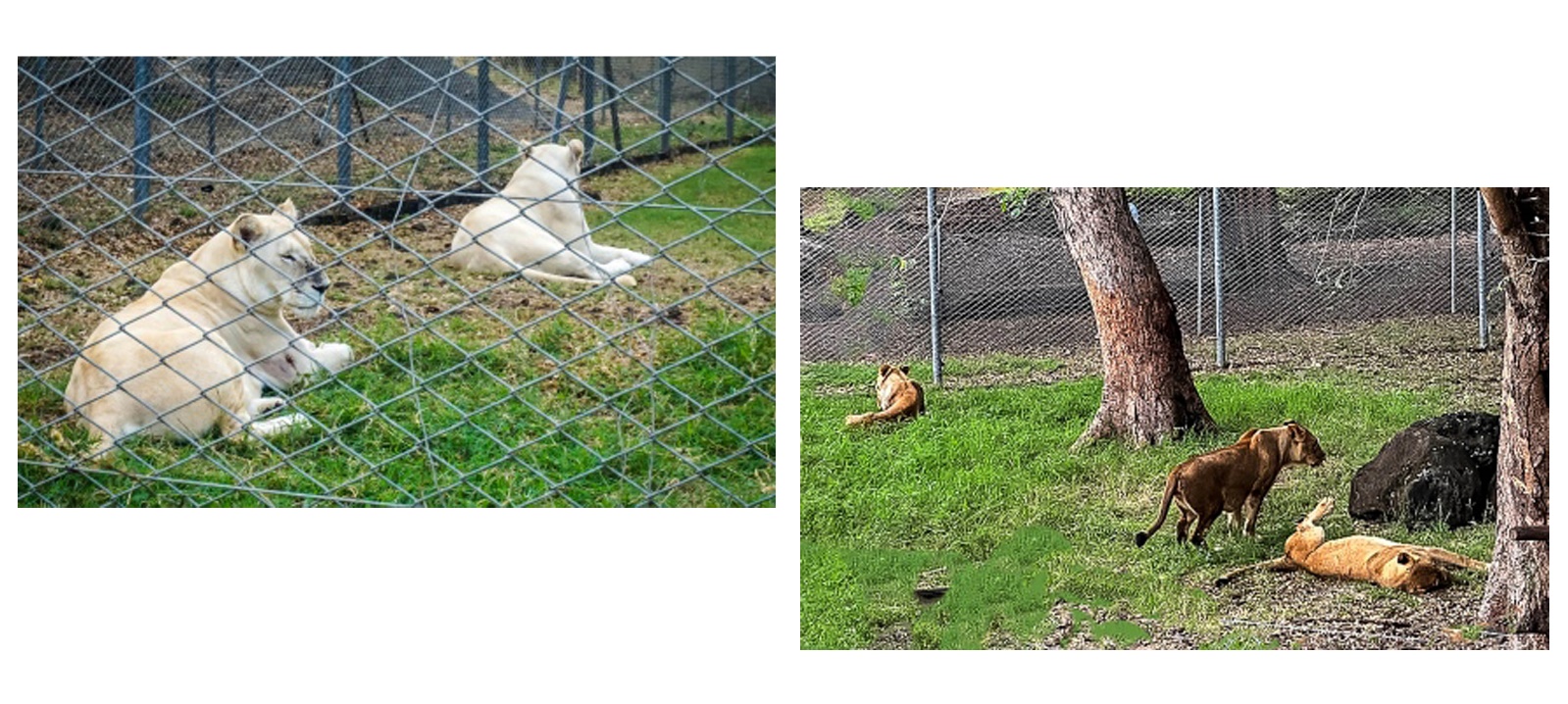
Casela Wildlife Park
One such park is Casela Wildlife Park in Mauritius.
Magnificent big cats such as white or normal-coloured lionesses, lions, cheetahs are brought into these parks – some for breeding, others rescued from their natural habitats due to injuries … or at times orphaned young ones resulting from poachers.
Whatever the reason, these animals deserved to have a chance to live a natural, normal life; be it surrounded by huge expanse of Savannah scrubland; although a fence is somewhere in sight.
Make no mistake, they are not domesticated in any way; they are wild predators, carnivores with a taste for fresh meats … even though they behave like domesticated cats at times.
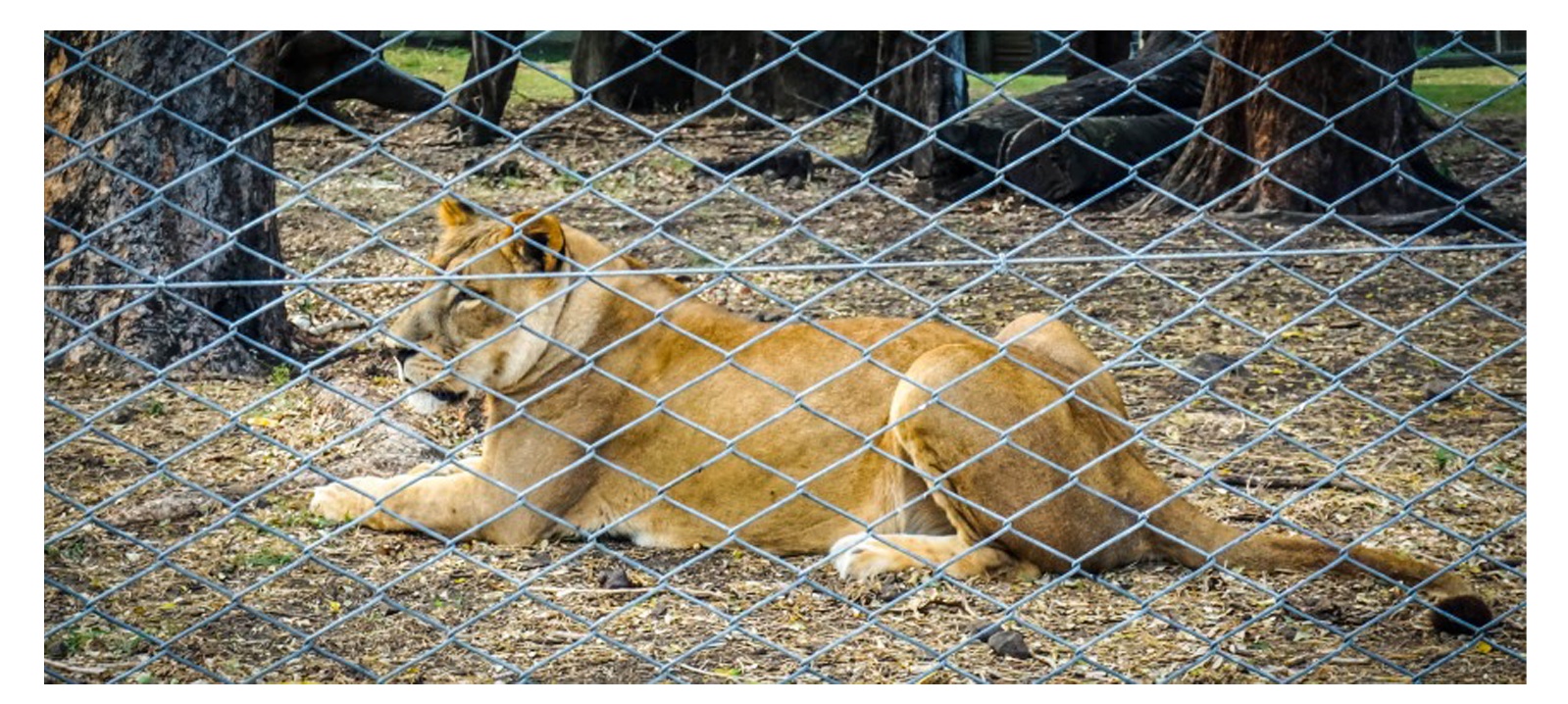
Protect and restore
Casela Nature Park endeavours to protect and restore ecosystems, biodiversity towards fauna flora and animal husbandry to ensure resilience and strength of environment and animals. They hope to raise awareness on conservation of environment, preservation of wild animals in their care & ensure sustainability of economic growth, protection of world’s endangered species, regeneration of species and prevention of invasive species control.
It is a big job … but someone must do it.
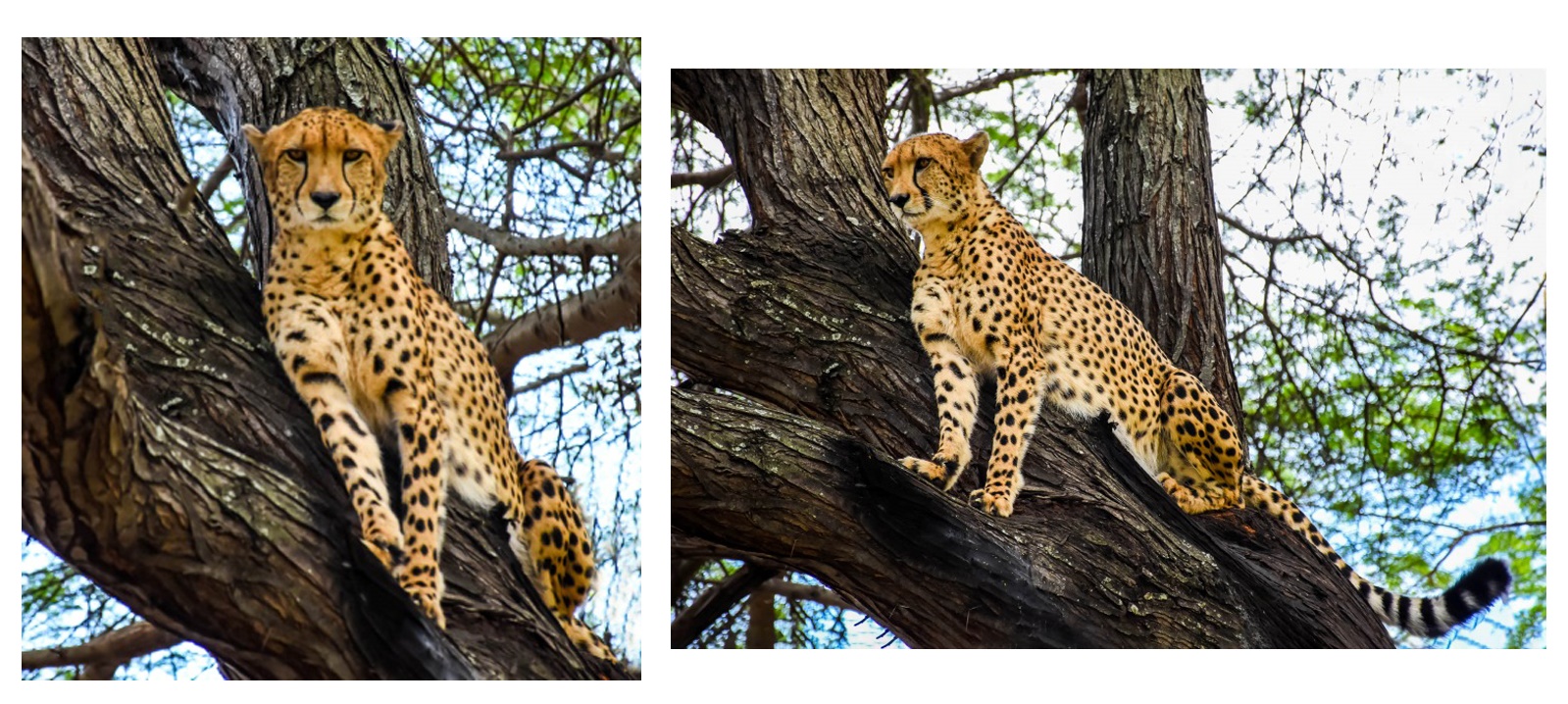
Mauritius is uniquely located; close to Africa – main safari continent for wildlife. Hence, natural alliance with Africa is inevitable due to proximity, climatic and vegetation similarities to spread said animals and natural vegetation across the island. It is also opportune to develop long-term education programs in schools to improve general awareness and educate the public.
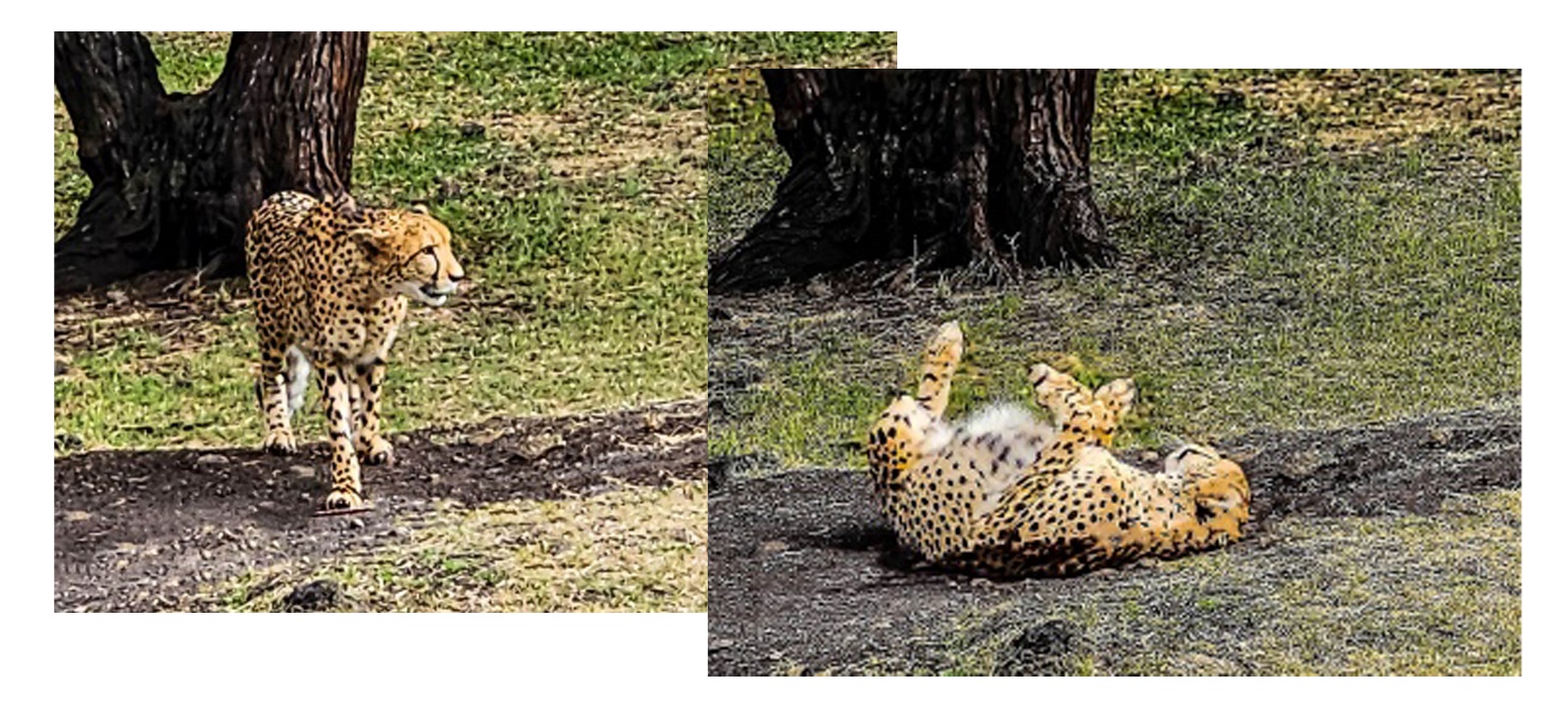
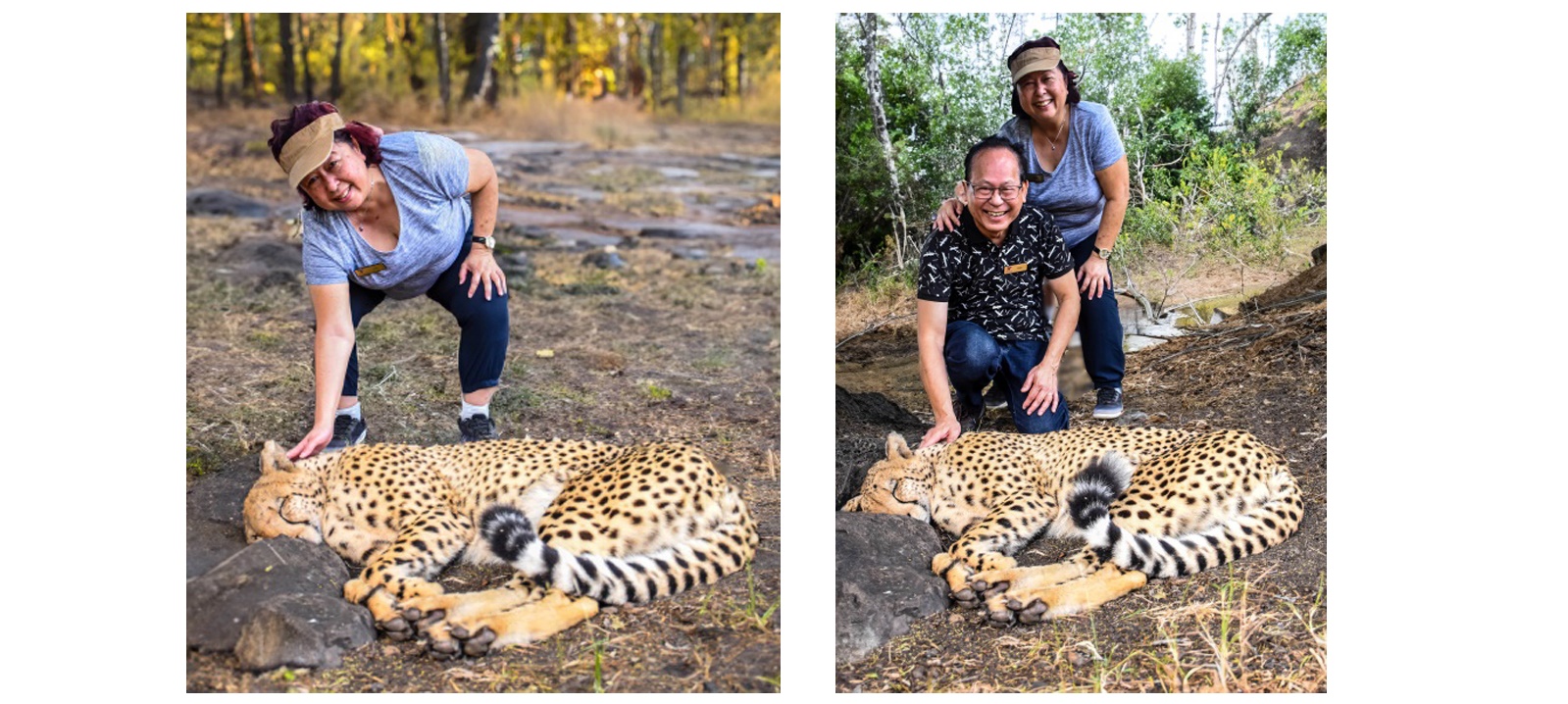
With care and respect, meaningful experiences to ensure visitors learn more about the big cats – understand their behaviours, habits and connect with these majestic animals.
How?
Encounters such as walking with lion, interactions with cheetah, caracal (medium-sized wild cat), maybe engage with feeding the animals; or drive-through to see tigers and lions in their natural habitat – all accompanied and supervised by their carers of course.
Workshop and Interaction
Workshops, educational visits, experimental learning in Nature Park, interaction with rangers, zookeepers, conservationists; help enhance knowledge of climate change, nature, wildlife and vegetation preservation.
Casela Nature Park is supported by National Parks Conservation Services (NPCS), Livestock Veterinary Division (LVD) and World Association of Zoo and Aquariums (WAZA), Pan-African Association of Zoos and Aquariums (PAAZA) and International Zoo Educators Association (IZEA) – all long-term partners and stakeholders.
Founded 44 years ago, Casela considered environment the animals live in is a critical aspect of their care.
Natural habitats
Habitats are designed to suit each species’ specific needs, taking into consideration species’ biology, behaviour, ecology to create suitable enrichment opportunities.
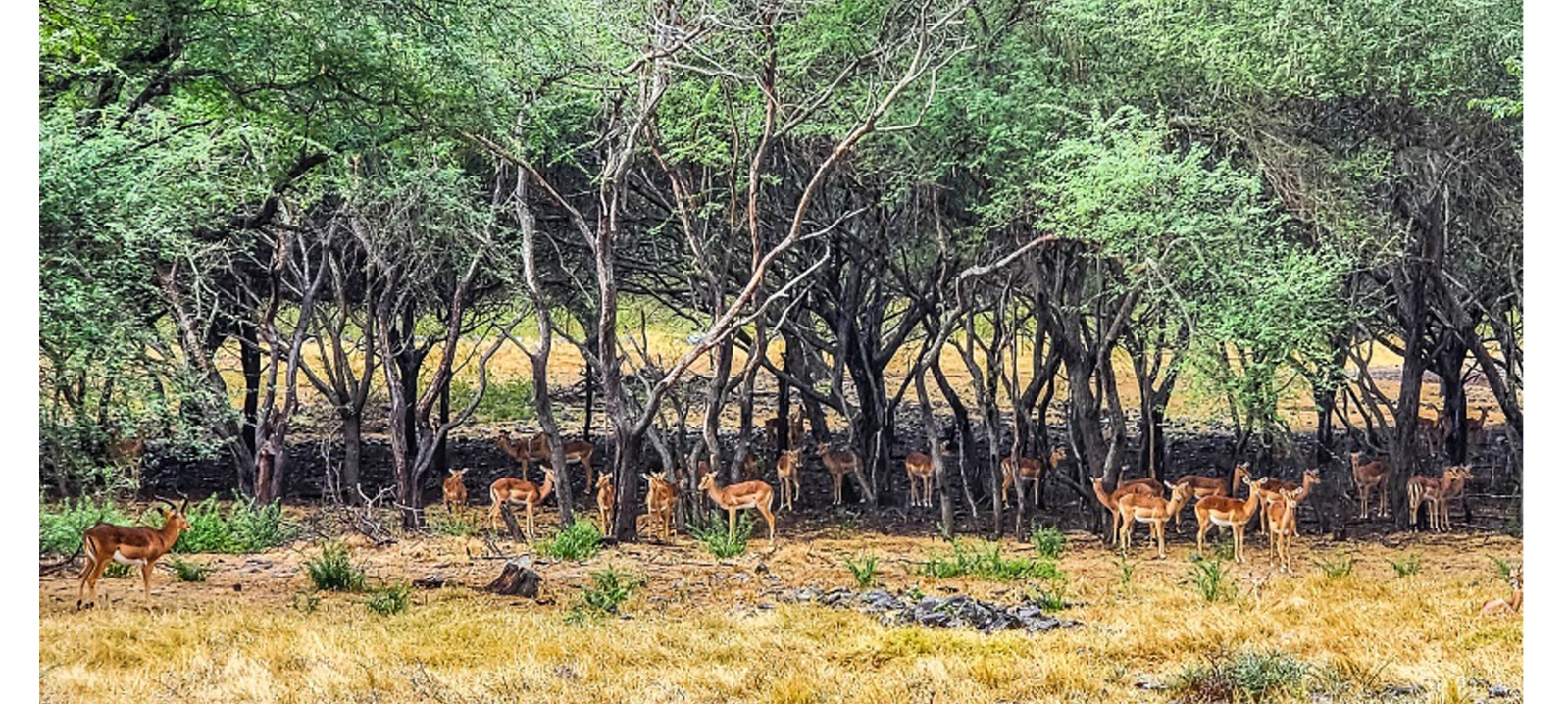
Committed to proper animal welfare according to World Animal Protection, quality of life experienced, its current surroundings, animal health, both physical and psychological state of animal, is paramount.
Good animal welfare practices also benefits humans and environment.
This encompasses animal’s freedom from pain, injuries, disease; discomfort; hunger and thirst; expression of normal behaviour and avoidance of mental suffering in the daily operations of the park.
Clean enclosures, constant surveillance of animal health, food distribution, and programs to keep animals entertained.
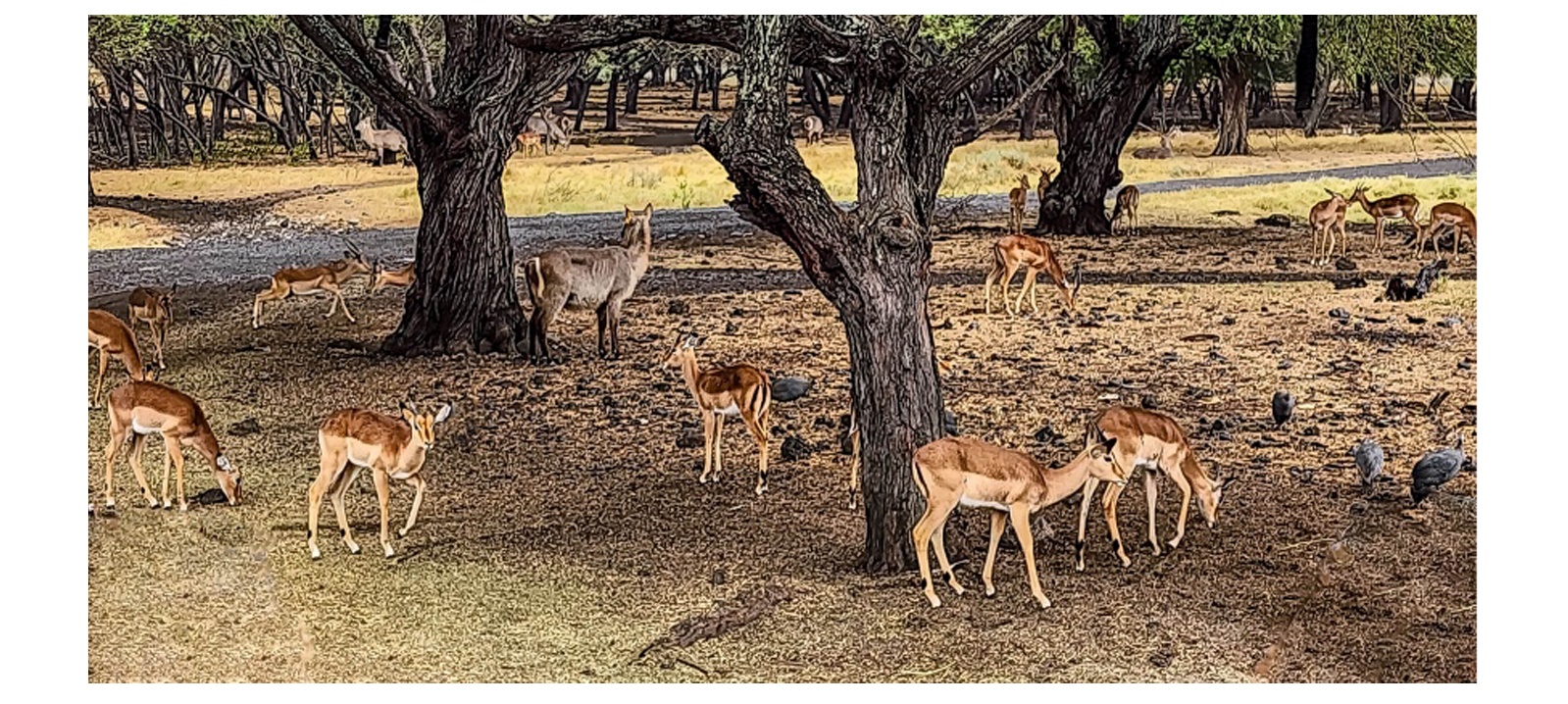
The park has team of 34 skilled and dedicated staff looking after the residents.
To raise awareness, team runs animal-visitor interactions, education activities – awareness talks, zookeeper programs for children, guided tours, themed workshops in biodiversity and animal classification activities.
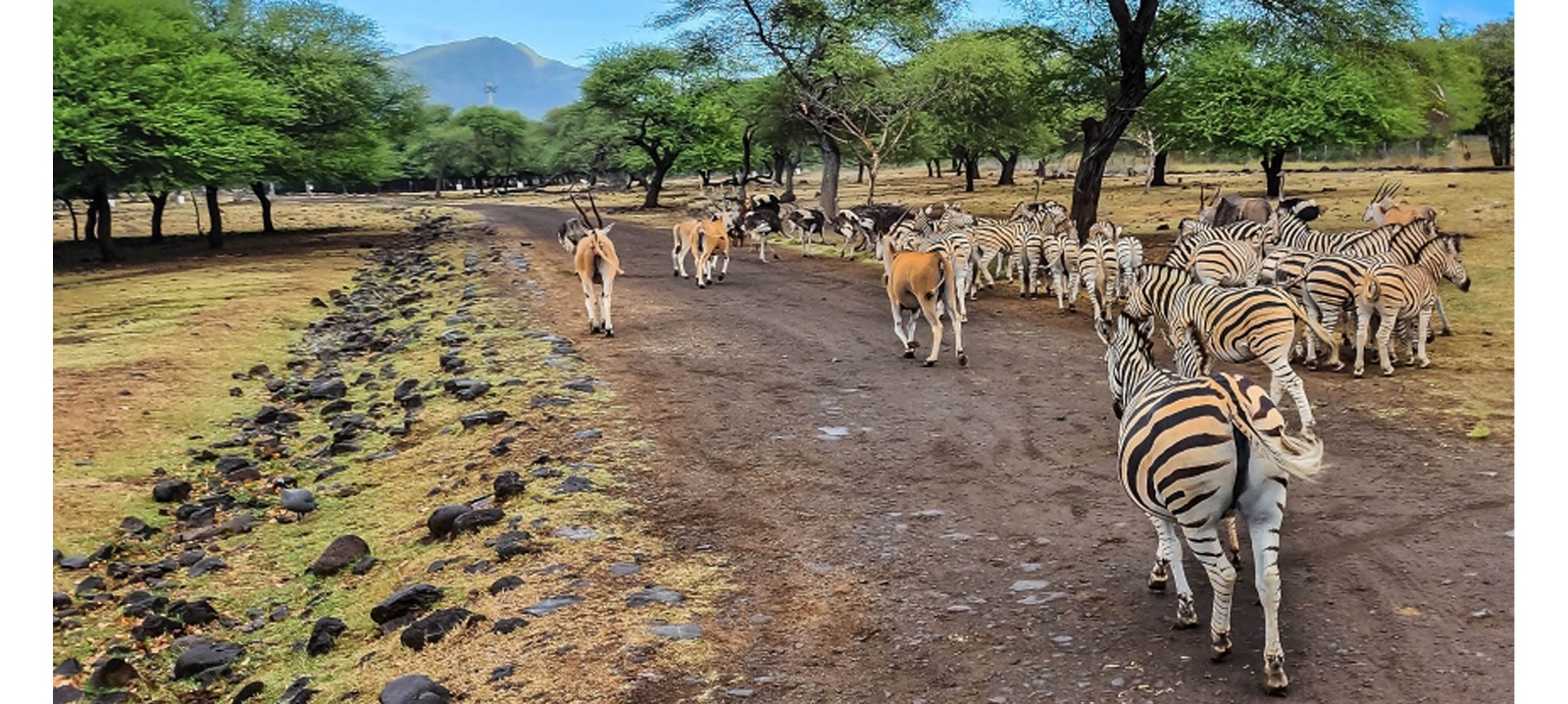
You can hop onto Quad bikes and do safari ride through wild terrains, beautiful landscapes with guides to observe animals in the wild – zebras, deers, rhinos, camels, ostriches, giraffes.
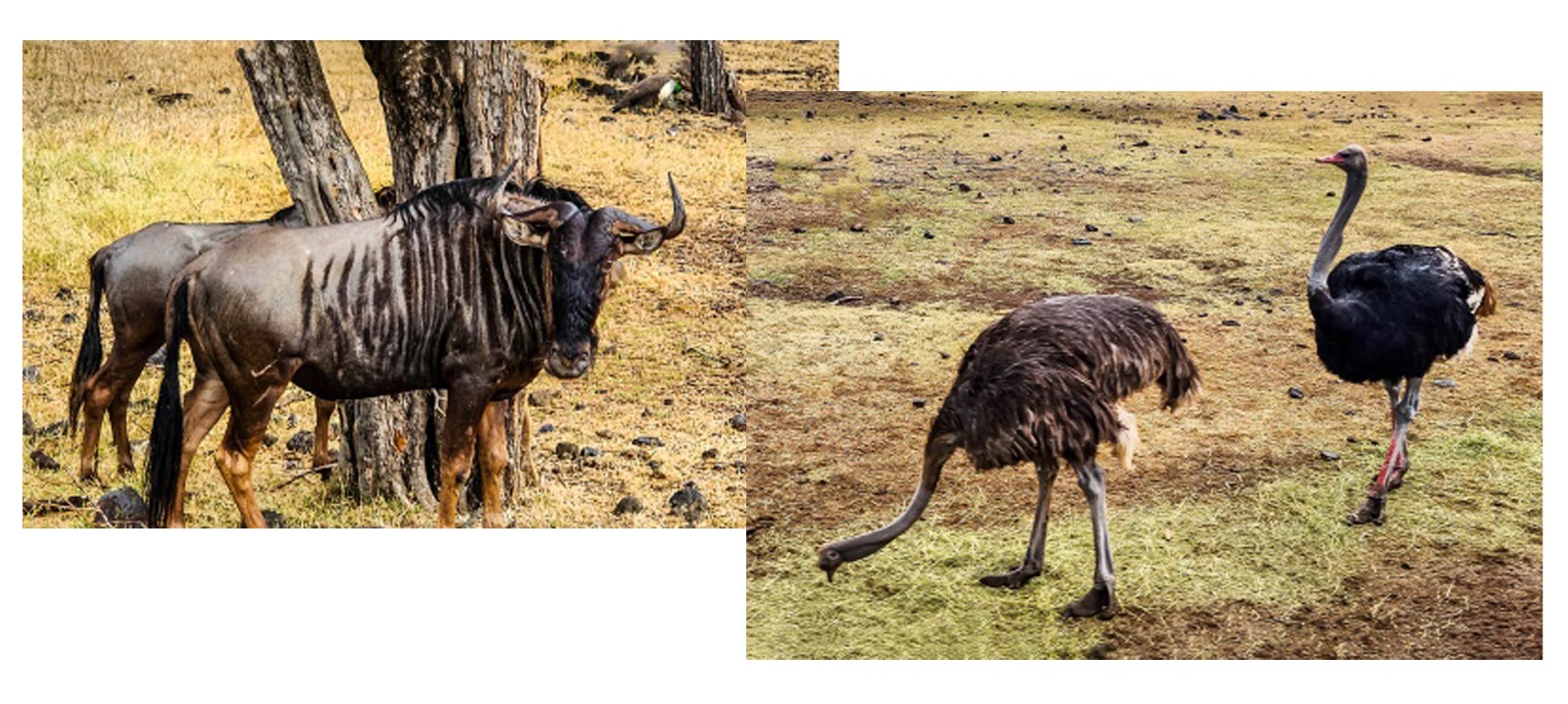
Or, relax in African Safari Truck tour, where you sit back and admire the animals in their natural habitat. Watch them at feeding time in comfort of the bus.
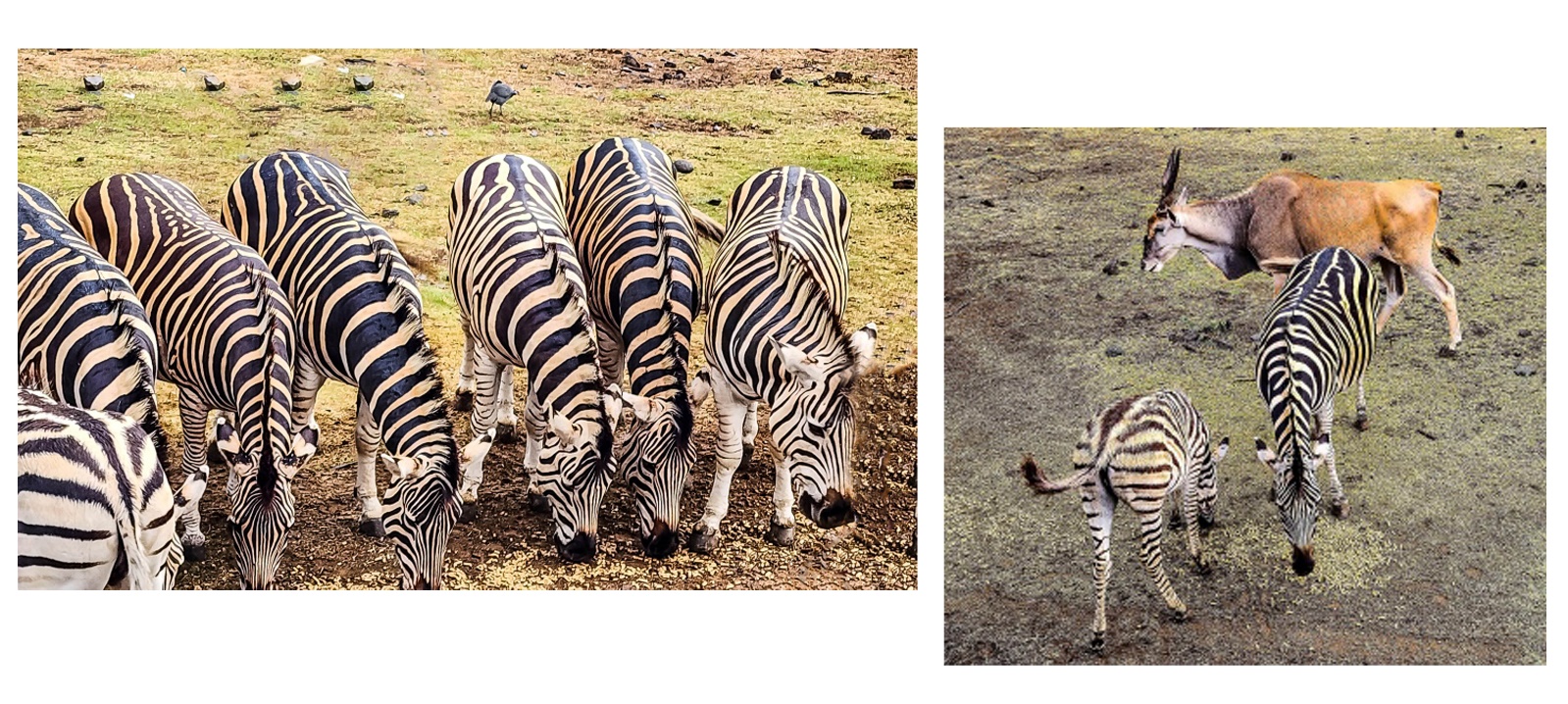
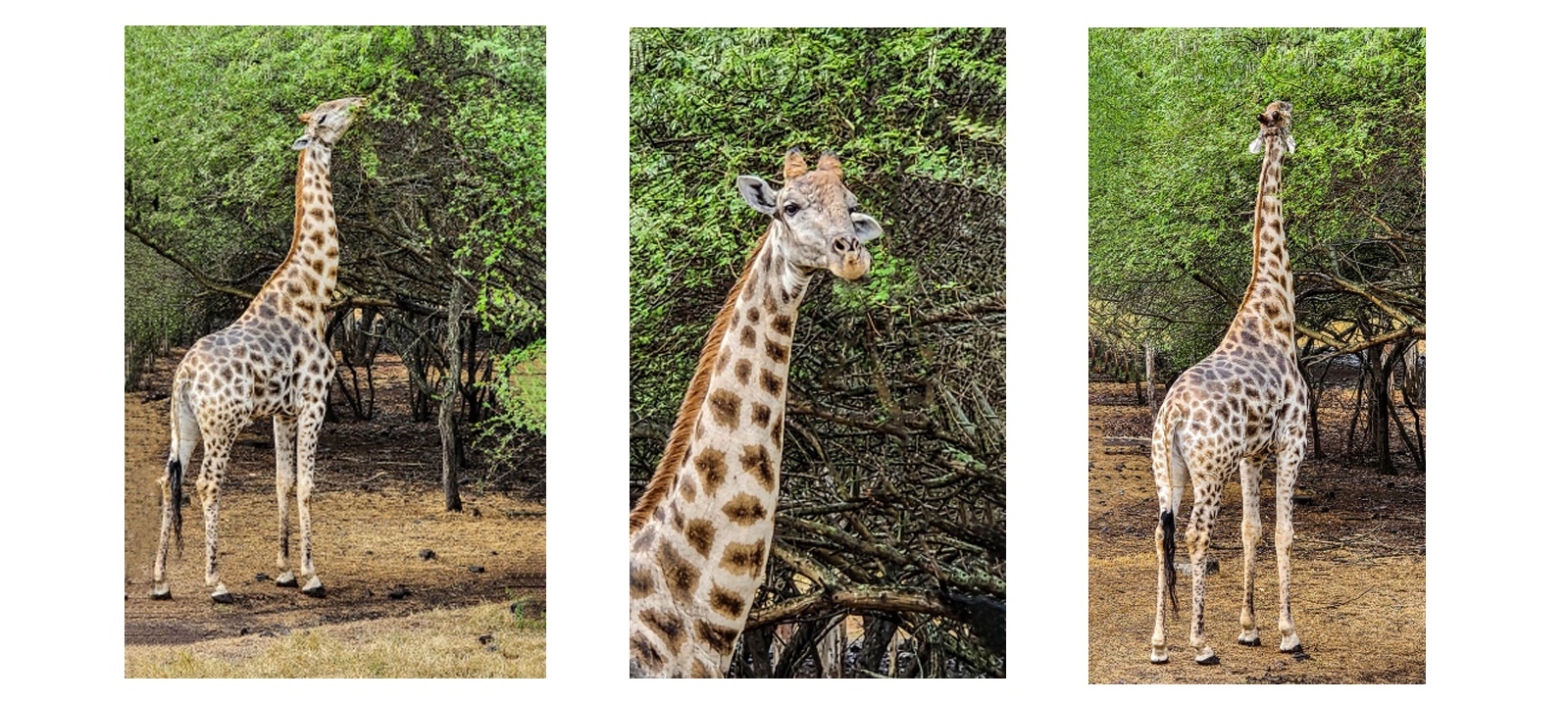
Conclusion
It is always fascinating to observe animals in the wild – some behave just like domestic cats, just bigger … others bear no resemblance to garden variety animals at all … but they, like us, are curious of what surrounds them … try to understand their environment and to survive.
As those in the higher food chain, we should cherish and protect these animals for future generations.
Support and preserve wildlife sanctuaries, nature parks.
